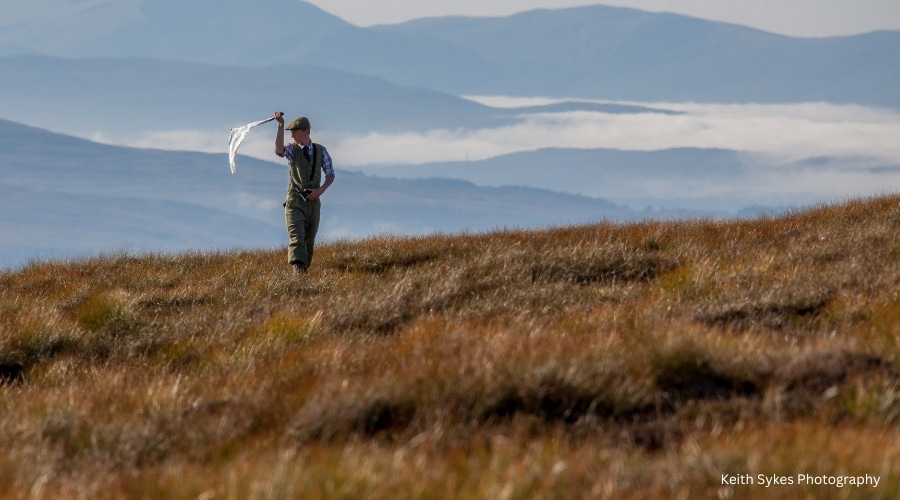
Calls for urgent action on rural mental health echoed by BASC
BASC is backing calls by a group of MPs for “urgent and meaningful” government action on rural mental health in England.
Get information on the legal shooting season for mammals and birds in the UK.
Apply for funding for your project or make a donation today
Comprehensive information and advice from our specialist firearms team.
Everything you need to know about shotgun, rifle and airgun ammunition.
Find our up-to-date information, advice and links to government resources.
Everything you need to know on firearms law and licensing.
All the latest news and advice on general licences and how they affect you.
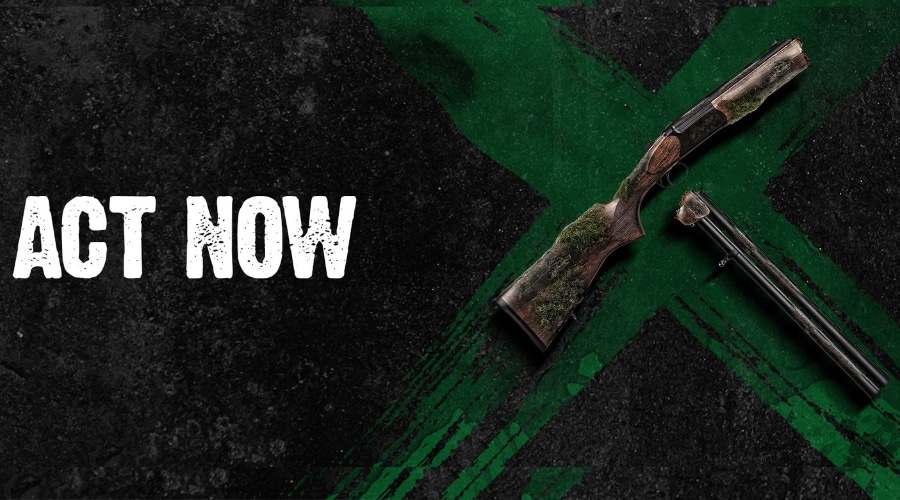
We hope the following information will be useful when completing your response to the Welsh gamebird releasing consultation, launched by Natural Resources Wales on 27 March.
The consultation details proposals to introduce a licensing system for the release of pheasants and red-legged partridge in Wales.
If the proposals are implemented, gamebird releasing will be restricted and only allowed under licence, giving an anti-shooting Welsh Government the power to shut down game shooting in Wales.
We advise you to read the consultation document prior to completion. However, to help you, we have detailed below suggested responses plus background information (where applicable, intended to help explain the situation), after each separate question.
It is vital that as many people as possible, from all across the UK, complete the consultation and fight for Wales. Read more on BASC’s campaign – ACT NOW – here.
Q1. Name
Add your name here.
Q2. Email Address
Add email address.
Q3. If you are representing an organisation, please tell us which one.
Leave clear unless representing an organisation.
Q4. Do you agree that common pheasant and red-legged partridge should be added to Part 1 of Schedule 9 of the Wildlife and Countryside Act 1981 in Wales? This change would mean that releasing those species in Wales would need to be carried out under licence. Please give reasons for your views.
Answer: No.
You may then wish to make the following points:
I am concerned that this approach, to prohibit gamebird release and then licence it, is intended to restrict release and thus shooting, based on an anti-shooting agenda.
This will make any release in Wales subject to a licensing regime and that is disproportionate to the risk in the wider landscape. In England, when faced with a legal challenge on gamebird releasing, they did not take such unnecessary action. I do not agree that the information put forward justifies this proposal.
The proposal to ban the release of gamebirds is disproportionate to any perceived issue in relation to protected sites. These sites already have significant safeguards in place.
There is a lack of evidence of damage by release and if such release were to damage a protected site, existing legal measures can be implemented to stop such release.
NRW should not assume that ‘knowledge gaps’ mean there are issues and should await the findings of research which is currently underway.
There is a strong ethos of self-regulation within the shooting sector which NRW should support as an alternative to this proposal.
This proposal would mean that gamebird release would be banned and then could only take place if licences were issued.
These licences could contain any conditions which NRW choose to include now or in the future and there are limited details of what these conditions may be.
It is currently proposed to issue a general licence for most situations allowing release up to a certain figure in line with Game & Wildlife Conservation Trust (GWCT) guidelines). This licence would be free of charge but in other situations a specific licence would need to be applied for and in some situations this would be chargeable.
There are no guarantees that this approach will not alter in the future, e.g. a move towards only having chargeable specific licences.
Within the consultation document there is reference to ‘evidence gaps’ however, this does not mean that there is any issue with gamebird release.
Some information in the consultation document appears out of place, for instance there is a section on the voluntary transition away from lead ammunition. This inclusion, which it is noted as being outside of the scope of this consultation, could be viewed as some sort of justification for making the proposed changes to gamebird release.
Previously in England, following a legal challenge in relation to European protected sites,
the Department for Environment, Food & Rural Affairs (DEFRA) conducted a review of gamebird release and concluded negative effects tend to be localised and no or only minimal effects were detected beyond 500m from the point of release.
DEFRA also concluded that there is strong evidence of associated benefits for biodiversity deriving from woodland management for gamebird shooting.
To address the legal challenge, while further assessment and evidence is gathered, DEFRA opted to introduce an interim licensing regime specifically on and around European protected sites. This is subject to a sunset clause (which means this requirement ceases in 2025).
As a result, there is a light touch general licence (GL 43) approach which applies on and around (within 500 metres) of these European protected sites for a fixed period of time (until the sunset clause expires).
Further research including the impact of release on protected sites is due shortly which would help inform NRW in considering the situation around release of game.
In practice, European Protected sites also have national designations also being Sites of Special Scientific Interest (SSSI). There are also a substantial number of other areas (about 12% of Wales surface area) which are also designated as SSSIs.
This designation provides these sites with substantial legal protection, with each SSSI having a list of identified activities (which could damage the site) requiring permission – or ‘consent’ as it is known – from NRW, before that activity can take plan on the site.
Additionally, any activity both on and outside of the site which is causing damage (to the site) can be halted by the issuing of a stop notice.
As such there are already legal mechanisms in place to protect sensitive (protected) sites such as Sites of Special Scientific Interest (SSSIs).
There is also a strong ethos of voluntary best practice within the shooting sector with all major shooting organisations endorsing the Code of Good Shooting Practice, for example.
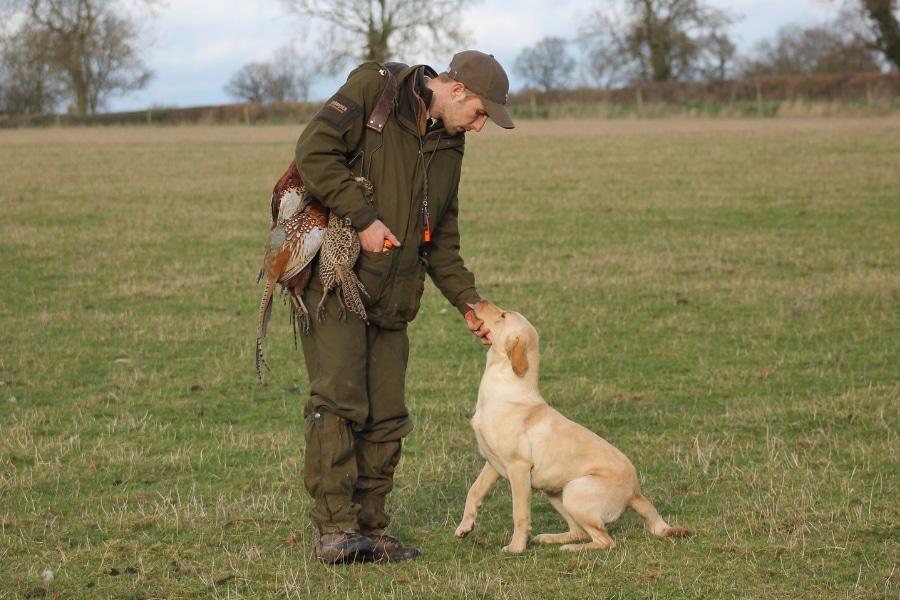
Q5. If these species are added to Schedule 9, please give us your views on whether our proposed licensing approach would be effective and proportionate.
Answer: No, I do not support the proposal to ban gamebird release and introduce a licensing regime.
Then you may want to make the following points:
I am concerned that this proposal will restrict gamebird release and as a result shooting by having additional and currently undisclosed conditions included on licences, which will make these licences open to challenge, by those who oppose shooting, or be generally unworkable.
Such a licensing system is not needed.
There is a strong ethos of self-regulation in relation to gamebird release, as the GWCT sustainable release guidelines have been embedded in the Code of Good Shooting Practice for decades. Compliance is high. Therefore, to regulate as proposed is a waste of public money and disproportionate to the risk.
If the perceived issues are around protected sites, there are already significant safeguards in place for nationally protected areas (SSSIs) via the consenting regime.
Any damage to such a site, caused by activity outside of it (including release of gamebirds) can already be stopped via the issuing of a ‘stop notice’ if it was to be causing damage to the site.
European protected sites in Wales are also SSSIs, which means that they are subject to the SSSI legal protection.
There is significant new research and evidence in relation to gamebird release management due shortly and this should be awaited before making any changes.
What processes does NRW plan to put in place to appeal, if it were to refuse to issue a specific licence?
Why does NRW advise it cannot consider a light touch licence around protected sites when DEFRA were able to do this for European Protected sites (on an interim basis whilst evidence is gathered)?
The consultation document outlines how NRW plan to prohibit gamebird release and then issue a general licence allowing release of gamebirds (across Wales) outside of protected sites and a 500-metre buffer zone (around these sites). The densities of release would be in line with numbers included with the GWCT guidelines.
On protected areas (the site and buffer zone), unless excluded by NRW as non-sensitive, a specific licence to release would need to be applied for as would any release outside of the general licence provisions.
It is unclear from the proposals what other conditions will be added to general licences or any specific licences. These could be very restrictive and make their use unworkable.
It is proposed that specific licensing on ‘sensitive designated sites’ would replace current requirements to obtain consent. However, within the consenting (for SSSI’s) process, there is a right of appeal against a refusal decision. This would not be possible under the current licencing framework.
NRW, in the consultation document, has stated that they cannot use a general licence in and around all protected sites as it would require ‘…prohibitively restrictive or complex conditions.’ However, in England, following a legal challenge which resulted in a restriction on gamebird release on or around European protected sites (for a fixed period whilst more evidence is gathered), DEFRA was able to introduce such a light touch general licence covering all these areas.
General licences would be issued annually.
Q6. We have based the General Licence conditions for pheasant release on the recommendations in the GWCT guidelines for sustainable gamebird releasing. However, the guidelines do not include specific density thresholds for red-legged partridge and there appears to be less evidence on which to base conditions relating to partridge. We have used what evidence is available, and expert opinion, to propose conditions for partridge releases. These are either based on density threshold linked to the area of cover crop provided, based on density per hectare of release pen (as with pheasants), depending on how the birds are released. We would welcome views on whether these proposals are appropriate and workable and whether they could be improved.
Answer: I do not support the proposal to ban gamebird release and introduce a licensing regime.
Then you may want to highlight the following:
The proposed approach is confusing and does not recognise how red-legged partridge release is managed. For example, the current proposal requires ‘dedicated cover crops’ when in fact other crops might be utilised.
This question seeks views in relation to how red-legged partridges release could be covered within a general licence.

Q7. The GWCT guidelines include a recommendation that no more than one third of woodland with game interest should be used for release pens. This is to ensure sufficient woodland remains that can benefit from habitat management activities. We would like to include this recommendation in our proposed general licence. However, we would prefer to be able to define what can be included in the calculation. Do you have suggestions for how this might be achieved?
Answer: No, I do not support the proposal to ban gamebird release and introduce a licensing regime therefore I do not agree with this suggestion.
Then you may want to highlight the following:
NRW should support sustainable game shooting including gamebird release, with all of its benefits to the individual, local communities, habitats and wider conservation, including initiatives by the shooting sector to enshrine best practice through other channels and routes rather than this proposal.
The GWCT guidelines are widely supported and referenced by the shooting sector, appearing in documents such as the Code of Good Shooting Practice. And both should be supported by NRW.
Q8. Location and density appear to be the main factors influencing the environmental impact of releases, but we recognise that smaller releases in less sensitive areas are likely to present reduced risks. It may be appropriate that small gamebird releases taking place away from sensitive protected sites and their buffer zones are not subject to the same general licence conditions that apply to larger releases. Do you think this is something that we should consider. Please give reasons.
Answer: No, I do not support the proposal to ban gamebird release and introduce a licensing regime therefore I do not feel such a consideration is necessary.
Then you may wish to highlight the following:
There is a strong ethos of self-regulation within the shooting sector which NRW should support as an alternative to its current proposals which are disproportionate to the perceived issues.
There is an existing legal framework in place to protect sensitive sites i.e. SSSIs via the consenting regime and any activity which damages such a site can be stopped by NRW.
If NRW has concerns around its legal obligations in relation to European Protected sites, then NRW should consider and consult on following the same approach for these areas as has happened in England, i.e. introduce a light touch interim general licence approach solely relation to these sites.
The proposal appears to recognise that release away from protected sites in accordance with GWCT guidelines is not an issue.
Additionally protected sites (SSSIs) are already subject to significant safeguards via the consenting regime.
If there is a concern around European Protected Sites and NRW’s legal obligations (until additional evidence and assessments are completed), then NRW should consider and consult on similar measures to those taken in England on an interim basis until this information is gathered.
Q9. Could the proposals affect opportunities for people to use the Welsh language?
If yes, please explain in the box below.
Answer. Yes.
You may then wish to make the following points:
Many members of the shooting community in Wales are first language Welsh speakers. Visiting participants are probably more likely to hear naturally spoken Welsh at shoots than at any other activity conducted in the Welsh countryside. Shoots can attract supporters and participants from outside the locality and serve to promote the normalisation of spoken Welsh among the wider community. The exposure of non-Welsh speakers to this community promotes the appreciation of Welsh as a living language. Restricting or prohibiting opportunities to engage in sustainable shooting will undoubtedly have a negative impact on the use, promotion and wider appreciation of the Welsh language.
Q10. Is there a way we can increase the use of Welsh or provide more opportunities for people to use the Welsh language? If yes, please explain in the box below.
Answer. Yes.
You may then wish to make the following points:
Encouraging participation in rural pursuits such as shooting can serve to normalise the use of the Welsh language both within and between communities. This in turn encourages the less confident to practise their linguistic skills within a familiar context. It also servers to bolster the confidence of Welsh learners to use the language both fully and in part where not all are fluent.
Many are hesitant at engaging with officialdom in Welsh for fear of falling foul of grammatical correctness or believing only the formal forms of the language are acceptable. Every attempt should be made to write plain, uncomplicated everyday Welsh wherever possible. Direct translations from English can sometimes be awkward, incorporating words that aren’t widely used or understood. It is recommended that translated documents be checked for ease of interpretation.
Q11. Are there any aspects of the proposals that could disadvantage people in using the Welsh language? If yes, please explain the effects and how they could be mitigated
Answer. Yes.
You may then wish to make the following points:
Restricting sustainable game shoots will undoubtedly curtail the number of shooting days per season. This in turn will reduce the opportunity for the Welsh speaking shooting community to meet and use the language as they currently do. It will also reduce the exposure of those who do not speak Welsh, further marginalising the language.
Q12. Do you believe the proposals treats the Welsh language less favourably than the English language? If yes, please explain in the box below
Answer. Leave blank or answer No.

BASC is backing calls by a group of MPs for “urgent and meaningful” government action on rural mental health in England.
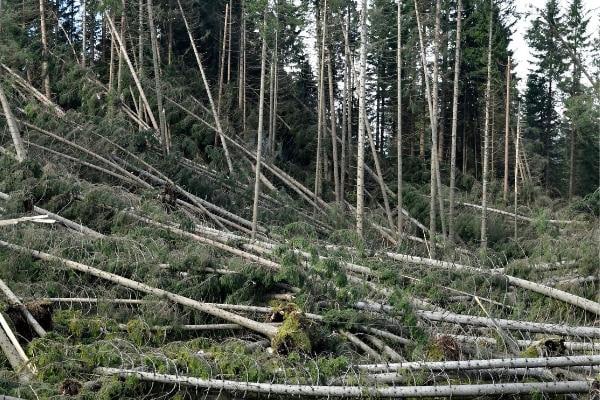
BASC Scotland is appealing to shoots to respond to a survey assessing the impact of Storm Arwen on their businesses.
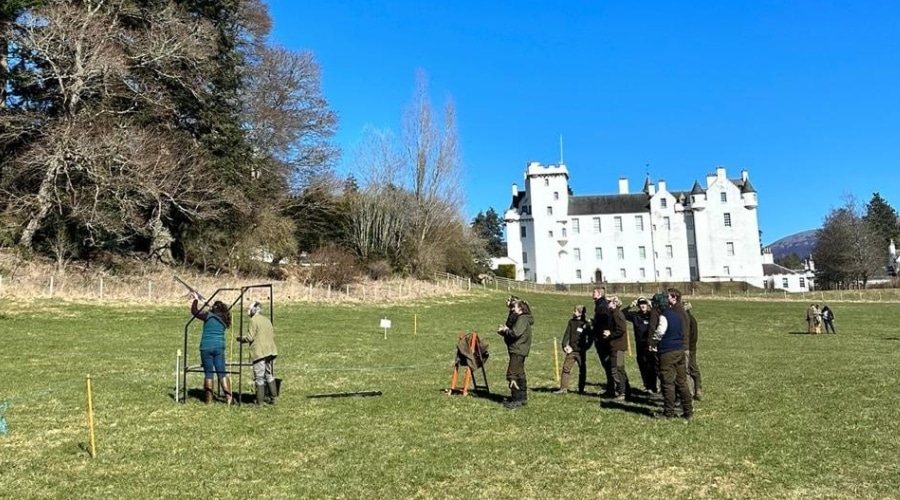
BASC held its annual Gamekeepers’ Day at Blair Castle in Perthshire on Monday 28 March.
Sign up to our weekly newsletter and get all the latest updates straight to your inbox.
© 2025 British Association for Shooting and Conservation. Registered Office: Marford Mill, Rossett, Wrexham, LL12 0HL – Registered Society No: 28488R. BASC is a trading name of the British Association for Shooting and Conservation Limited which is authorised and regulated by the Financial Conduct Authority (FCA) under firm reference number 311937.
BASC Direct Ltd is an Introducer Appointed Representative of Agria Pet Insurance Ltd who administer the insurance and is authorised and regulated by the Financial Conduct Authority, Financial Services Register Number 496160. Agria Pet Insurance is registered and incorporated in England and Wales with registered number 04258783. Registered office: First Floor, Blue Leanie, Walton Street, Aylesbury, Buckinghamshire, HP21 7QW. Agria insurance policies are underwritten by Agria Försäkring.
If you have any questions or complaints about your BASC membership insurance cover, please email us. More information about resolving complaints can be found on the FCA website or on the EU ODR platform.